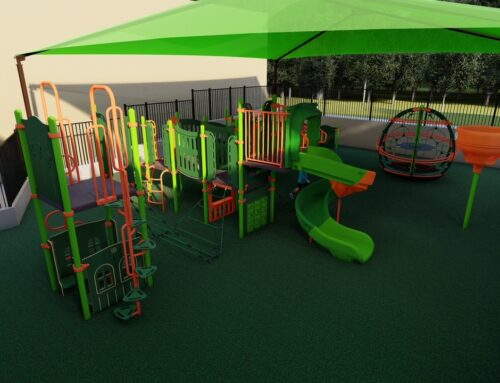Suppose that you’ve just spent the past few months shopping for a new car – the first new car you’ve ever purchased.
You looked at all kinds of makes and models, compared prices all over Dallas and Fort Worth, weighed the attributes of privacy glass and power windows and passenger’s side airbags and leather vs. cloth.
Finally, after much hand-wringing and price-wrangling, you’ve made your decision, spent your money and driven your new car home.
I’m the first person you run into, and you’re dying to show off to someone, so you ask me what I think.
“That’s the ugliest car I’ve ever seen,” I say unequivocally. “Only a fool would buy a car like that.”
Well, you reason to yourself, I never liked Rick much anyway, and his car’s pretty ugly too.
But then your next door neighbor agrees that you’ve lost your mind when it comes to cars. And your father-in-law isn’t impressed. Neither are your co-workers. Or the people at the movie theater or shopping center.
The brand-new car that seemed so perfect just a few days before, the car that is running fine and getting great gas mileage, now sits in your driveway like yesterday’s garbage.
What a fiasco – everyone thinks you’re an idiot. And for what? Simply buying the car you wanted to buy.
What’s the difference between this scenario and sending your child to DISD.
Do the Research
We should be investing a lot of time researching, planning and comparison-shopping for our children’s school. There are plenty of choices out there, from public to private to home schooling. There are positives and negatives to each and every experience, from price to academics to socialization to peer preferences.
Finally, you make your decision, and you decide that DISD is the best choice for your children.
And then your neighbor looks away when you tell her your child attend DISD. And some of the other parents say things like “you’re so brave” when they find out what you’ve done. And the newspaper and television stations keep reporting that DISD specializes in low test scores, poor security, plenty of gangs, racial tensions and all manner of other problems.
Let’s face it. If enough people tell us that we’re idiots, pretty soon – whether it’s true or not – most of us are going to start thinking of ourselves as idiots.
And if enough people tell us that only a fool would send their child to DISD, pretty soon – whether it’s true or not – we’re going to reluctantly don the dunce cap or we’re going to hop in our new car and head for another school system.
Make Your Own Decision
In my opinion, that’s where we are today with our public schools. Plenty of us want to like our public schools, but peer pressure is no easy thing to dismiss. And peer pressure, at least among my peers, is that only a fool would send their child to DISD.
For most of us, this is our first whack at being parents. And I don’t know about the rest of you, but I sure don’t know about the rest of you, but I sure don’t want to embarrass my child – or myself – by stepping too far out of line in selecting a school.
So we start shuffling our feet, looking down and murmuring along with everyone else that public schools in Dallas aren’t really very good, are they?
The point of our cover story this month isn’t that public school is the only way to go. No, the point of this month’s cover story is that DISD offers a lot more to our children than most of us know about, and we need to spend as much time checking out our tax-supported educational system as we do looking at the other educational alternatives.
Once we’ve looked at all of the alternatives, completed the comparison shopping and priced the finalists, we can make an informed decision, a decision that will allow those of us who are parents to sleep well at night.
Our cover story attempts to outline what DISD offers, how to take advantage of the many special programs available, who to call if you have a question or problem, and gives us an opportunity to meet some parents who have agonized over the same decision the rest of us face.
This way, when you stop by your neighborhood school to check it out first-hand (rather than just joining the chorus of complaints from people who’ve never even been inside), you’ll know the right questions to ask, the right people to ask questions of, and the right programs to look for.
Shopping for a school isn’t any more complicated than shopping for a new car. But it’s a heck of a lot more sobering experience.
If you buy the wrong car, you can trade it off. If you select the “wrong” school for your child, well, you’ll be living with that mistake for a long time. And there are going to be plenty of people telling you “I told you so” all along the way.
If you can’t stand up to peer pressure, at least exhibit the courage to investigate your neighborhood public school and let some of your less-informed neighbors know what you’ve found out.
And “so what” if I don’t like your car. You didn’t buy it for me, anyway.




